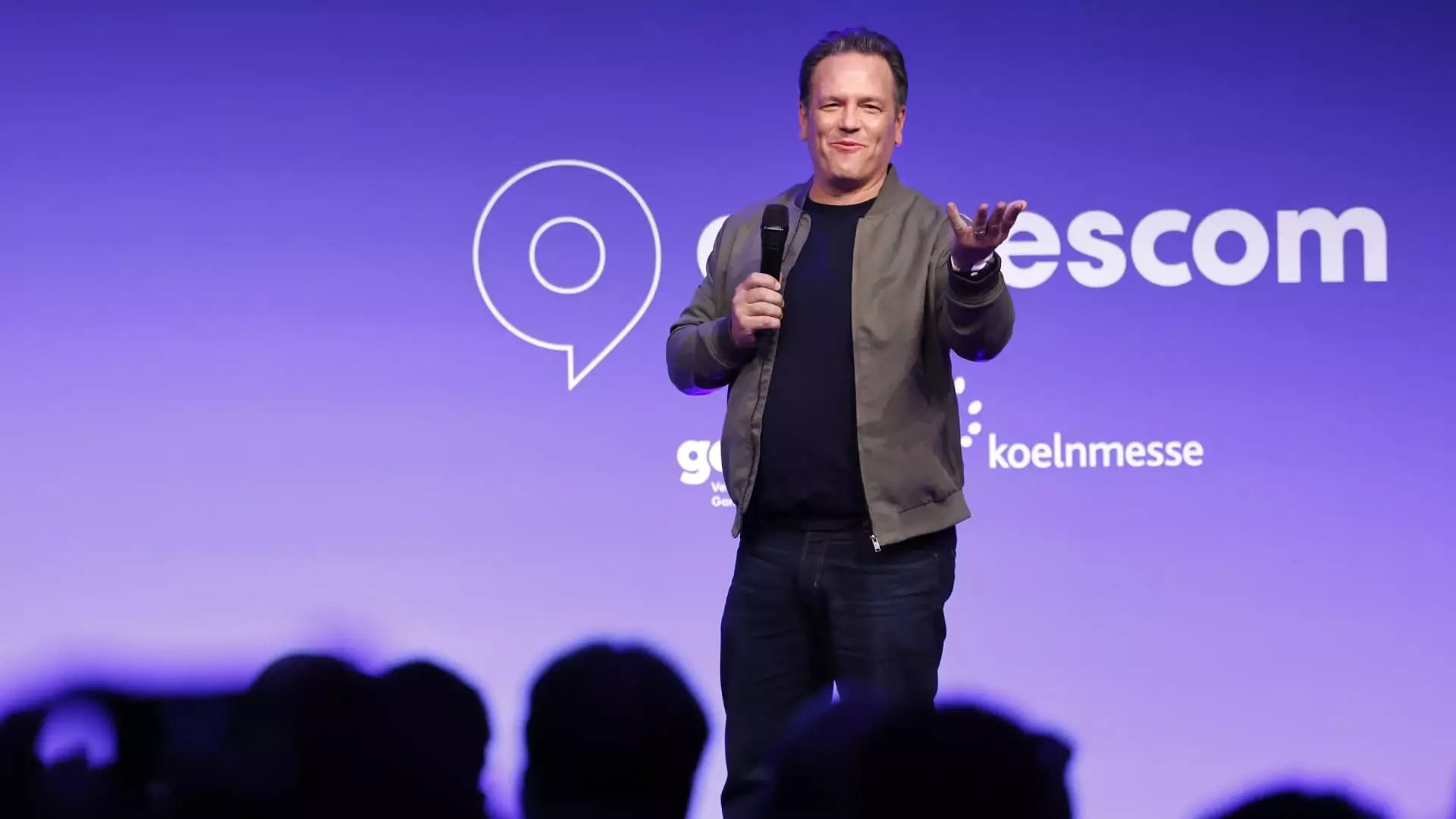Microsoft has made a significant move in the gaming industry by announcing plans to allow users to purchase and play video games directly through its Xbox app for Android, effective November. This decision follows a pivotal court ruling in the U.S. that urged Google to present alternatives for its Google Play app store on Android devices. Notably, this ruling resulted from a high-profile legal battle between Google and Epic Games, the developers behind the globally popular game Fortnite. While a statement from Sarah Bond, the president of Microsoft’s Xbox gaming division, emphasizes the new opportunities for consumers, the implications of this initiative extend far beyond mere access.
The court’s decision underscores a broader shift toward greater competition in the app distribution landscape, potentially dismantling Google’s longstanding hold on Android’s app ecosystem. With the ruling allowing developers to bypass Google’s Play Store revenue-sharing model, Microsoft stands poised to benefit significantly. This new structure means that gamers will now have the chance to purchase Xbox titles directly from the app without incurring additional fees to Google, which could enable the company to offer more competitive pricing or enhanced services.
Moreover, this shift signals an essential acknowledgment of the emerging mobile gaming market, which is increasingly becoming a focal point for tech giants. By recognizing the importance of mobile platforms, Microsoft is not just following a trend but is strategically aligning itself to capture a burgeoning audience that has predominantly favored mobile gaming.
The initiative reflects Microsoft’s commitment to embracing mobile as a core component of their gaming strategy. Historically, the company lagged behind its competitors, especially when compared to Google and Meta Platforms. However, with the completion of the Activision Blizzard acquisition for $75.4 billion just a few months earlier, Microsoft is positioning itself to capitalize on new growth opportunities, particularly within the mobile arena.
Phil Spencer, CEO of Microsoft’s gaming sector, has previously articulated the necessity of attracting mobile customers for the Xbox brand to maintain relevance. This shift toward mobile is not merely a tactical adjustment; it’s indicative of Microsoft’s broader ambition to be a central player in the gaming landscape across various platforms.
While the announcement of gaming purchases through the Xbox app is promising, it raises questions about the future of similar initiatives, especially concerning iOS devices. As of now, Microsoft has not indicated any plans to expand this model to Apple’s platforms, which could remain a critical gap in their strategy. Additionally, the antitrust scrutiny facing major companies like Apple poses another layer of complexity to the gaming market.
As Microsoft forges ahead, the gaming world will be closely watching to see how this move impacts not just its revenues but also the gaming experience for consumers. The potential for innovation through this direct approach could redefine how games are marketed and sold in the mobile sector, paving the way for more competition and perhaps even a transformation in consumer behavior regarding game purchases. Ultimately, the road ahead may be challenging, but with proactive measures and strategic partnerships, Microsoft could reclaim its footing in the dynamic world of mobile gaming, providing fresh avenues for interaction and engagement.


Leave a Reply